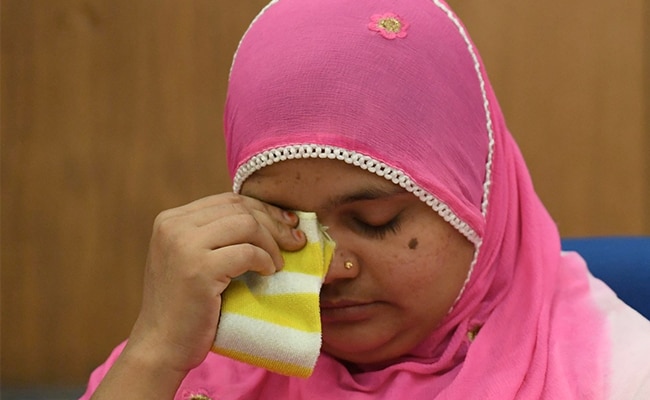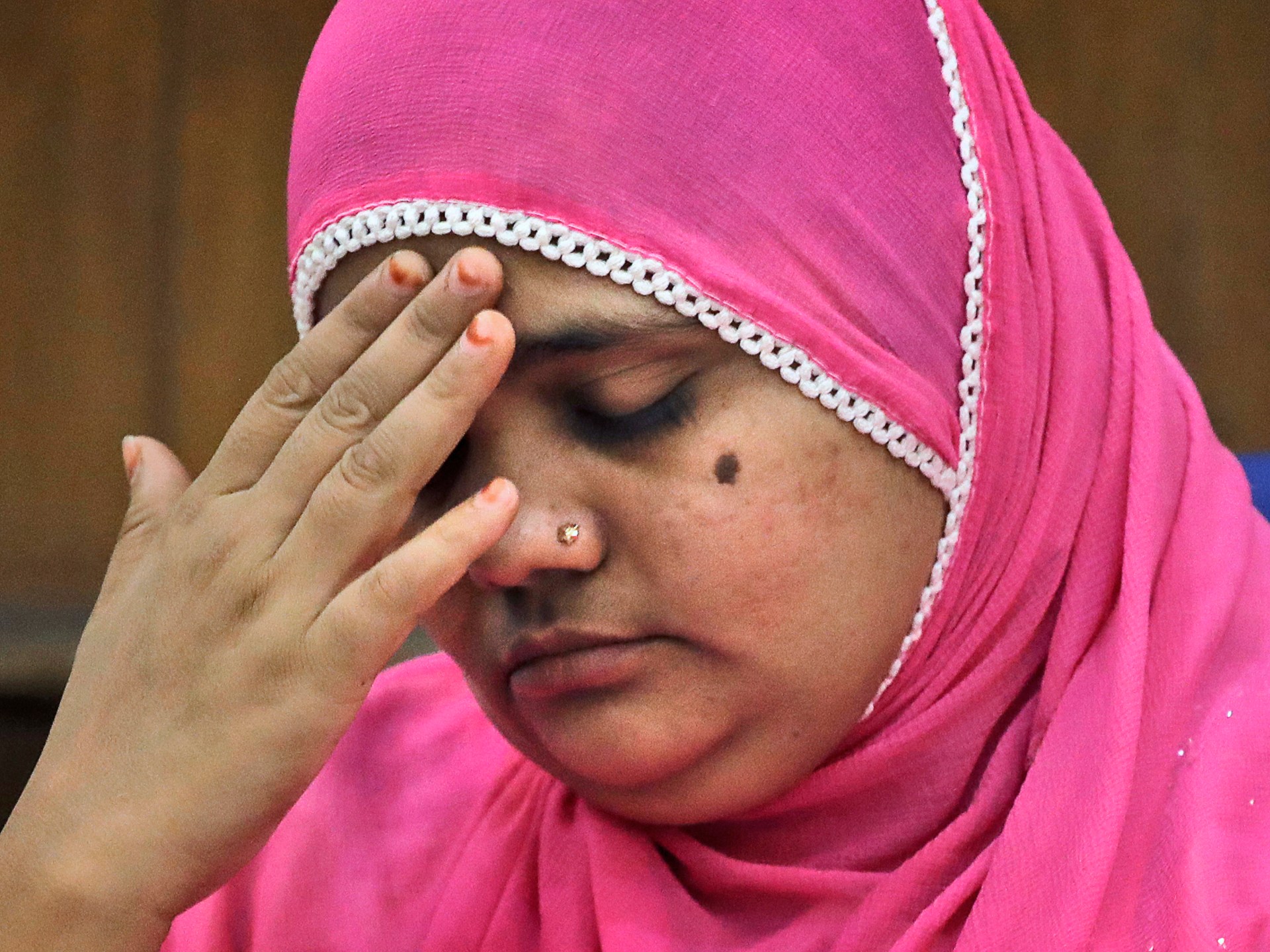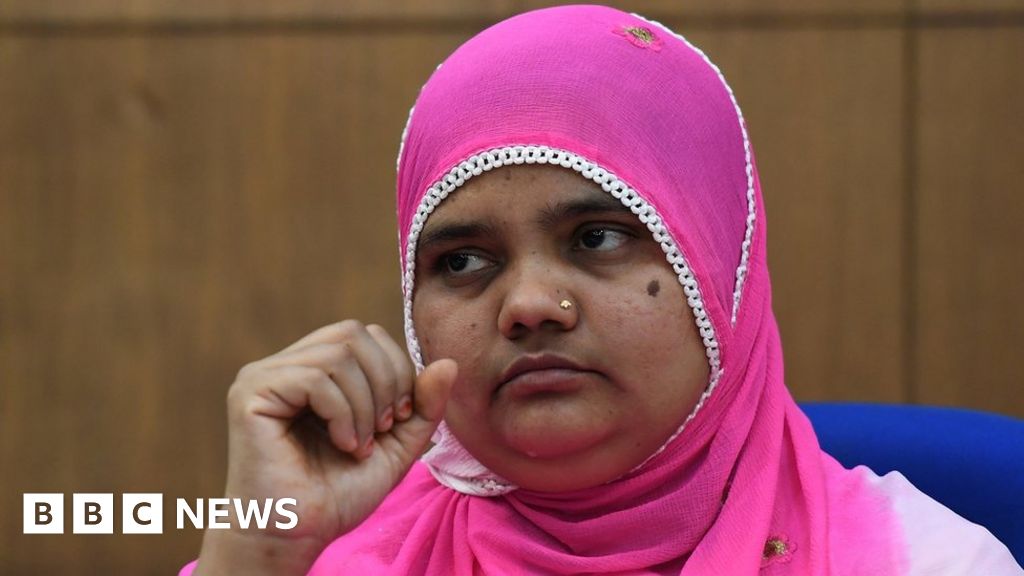India’s Supreme Court has overturned the early release of 11 men convicted of the gang rape of Bilkis Bano and the murder of her family members during the 2002 anti-Muslim riots in Gujarat.

Also Read: Elon Musk Reacts to illegal Drug use Claims
The men, part of a Hindu mob, were serving life sentences for the crime, but were controversially released in August 2022, made global outrage.
Bilkis Bano, who was five months pregnant at the time of the brutal attack, filed a petition with the Supreme Court, expressing her shock and dismay at the release of her attackers.
The court, headed by Justice BV Nagarathna, ruled that the state of Gujarat lacked the authority to pass the remission order, as the trial and conviction had taken place in the neighboring state of Maharashtra.
The decision to release the convicts in 2022 led to celebrations as they were given a heroes’ welcome upon leaving prison, causing condemnation.
The Supreme Court, in its recent judgment, addressed that the release had public conscience and reaffirmed the importance of upholding the rule of law.
The two-judge bench rejected the arguments presented by the state government, which cited factors such as the convicts’ age and good behavior in prison as grounds for their early release.
Federal prosecutors opposed the release, addressing the situation of the crime and urging the court not to show leniency.
Also Read: North Korea Fires 200 Artillery Near South Islands
The court held that arguments in favor of remission became hollow when considered alongside the facts of the case.
Bilkis Bano, now in her forties, had endured a nightmarish journey seeking justice. The attack on her and her family was one of the most horrific crimes during the 2002 riots, which erupted after a fire on a passenger train in Godhra town.
Blaming Muslims for the train fire, Hindu mobs unleashed violence, resulting in the deaths of over 1,000 people, mostly Muslims.
Bilkis, in her petition to the Supreme Court, recounted the details of the attack. Fleeing the violence with her family, they sought refuge in mosques and relied on the kindness of Hindu neighbors.
However, on March 3, 2002, a group of men attacked them with swords and sticks. Bilkis endured rape, and her three-year-old daughter was brutally murdered. The survivors faced threats, intimidation, and a long struggle for justice.
The legal battle faced numerous obstacles, with evidence tampering, threats to witnesses, and attempts to undermine the case.
Also Read: Iowa: Shooting at Perry High School, 1 Dead and 5 Injured
The Supreme Court’s intervention in 2003 led to the transfer of the trial from Gujarat to Maharashtra to ensure a fair proceeding.
In 2008, the Special CBI Court in Mumbai sentenced 11 men to life imprisonment for conspiring to rape Bilkis, murder, and unlawful assembly.
Some accused, including former Gujarat minister Maya Kodnani, had received bail by higher courts. Despite convictions, concerns persisted about accountability, with many blaming then-chief minister Narendra Modi for the riots.
In 2013, a Supreme Court panel found insufficient evidence to prosecute Modi, who later became the Prime Minister.
The celebrations surrounding their release, coupled with the timing coinciding with Independence Day, further fueled public outrage.
Many argued that the decision was politically motivated, questions about the government’s commitment to women’s safety.
Bilkis Bano expressed relief, The court’s unequivocal decision to revoke the remission and order the return of the convicts to prison within two weeks signals a reaffirmation of the rule of law. Legal experts praised the judgment for upholding justice.
Also Read: Iran: Over 100 Killed in Blasts Near Soleimani’s Grave
























